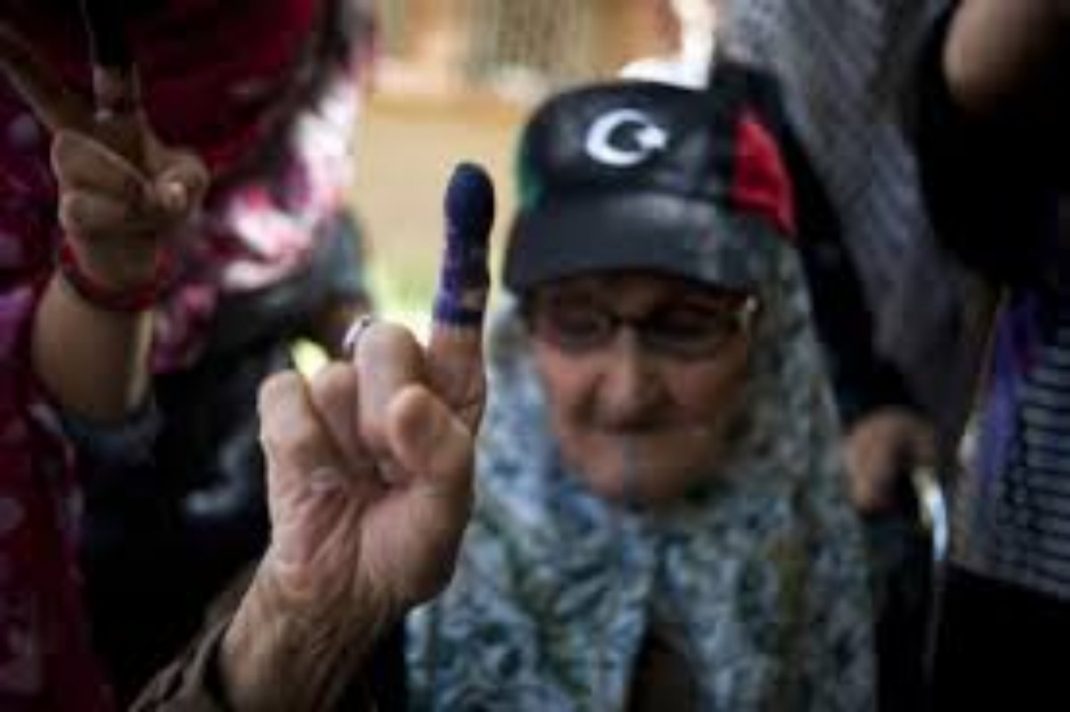Fresh elections next year could be the key after ceasefire deal brokered by French president.
For the past six years, the people of Libya have endured violence and fighting, a conflict that seemed without hope or end. Since February 2011, when the rebellion against Gaddafi began in Benghazi, the only thing that Libyans could agree on was their disdain and desire for an end to his rule.
Libya endured a bitter struggle that unleashed divisive forces across the nation. With Gaddafi’s demise, Libyans have failed to agree on a united way forward, and the prospect of a new beginning then degenerated into localised warfare, with warlords attempting to influence events in their immediate fiefdoms. In the voids left, extremists and terrorists too saw opportunity to maximise chaos and spread their cancerous philosophies.
The international community and the United Nations have attempted on previous occasions to sketch out a way forward, offering solutions, supporting combinations of elected officials, and attempting to use their influence when and where possible across the broken land. Throughout it all, the Government of the UAE has been working through diplomatic channels, bringing its peaceful and persuasive patience and arguments to bear, engaging with persons and parties to end the infighting and restore harmony.
Now, there seems at least to be a reason to hope that indeed Libya has turned the corner. Under the influence of France’s new President, Emmanuel Macron, Libya’s two main rival leaders have agreed to call a ceasefire and hold direct elections early next year.
Importantly, Fayez Al Sarraj, the Prime Minister of the government backed by the United Nations, and Khalifa Haftar, a former general in the Gaddafi government who decisively turned against Gaddafi and whose fighters now control large swathes of the nation, have agreed to Macron’s plan in a face-to-face meeting in Paris.
In the chaos that is Libya, it is an easy option to continue and fight, and after six years of violence, fighting is a way of life known now by so many in the country. To stop and muzzle guns, to walk away from a battlefield, and to sit at a table and talk require courage and conviction.
Indeed, by meeting and agreeing on a mutual way forward, the Libyan leaders have acknowledged that the violence that has become commonplace must now end and Libya ought to find peace at the earliest. To that end, they have agreed that all militias at work on the ground will now be under the control of a national army. Finally, Libya might have time to heal.
_____________




